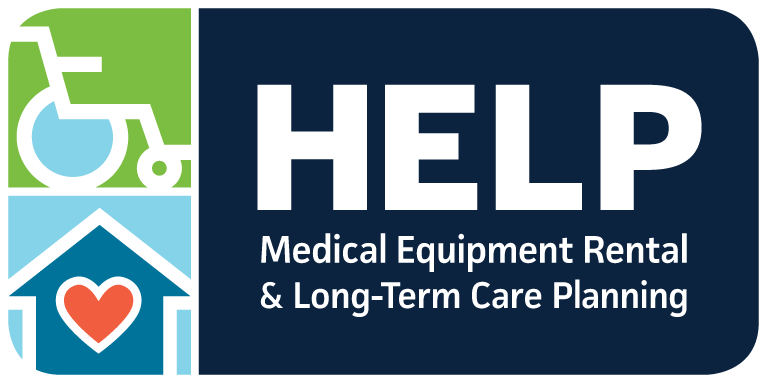Most of us look forward to the day when we can drop our expensive health insurance and sign up for Medicare. However, when that day arrives, many seniors are surprised to discover Medicare is more complicated than they initially thought. The available resources are plentiful, but it’s hard to wade through all the jargon to know what coverage is the best fit. And while Original Medicare is affordable, it doesn’t cover everything, which means most people find they need to buy additional coverage.
If you’re nearing 65 or you’re a senior unhappy with your Medicare coverage, this guide will help you understand your options so you can choose the best coverage for your healthcare needs.
How to Enroll in Medicare
Adults turning 65 enroll in Medicare during the Initial Enrollment Period. The IEP starts three months before the month of your 65th birthday and ends three months after the month of your 65th birthday. If you’re already receiving Social Security benefits when you turn 65, you’re automatically enrolled in Medicare Part A and Part B, also known as Original Medicare.
New enrollees can opt out of Medicare Part B, but they may pay a penalty when they later enroll in Part B. This penalty affects Part B premiums for the life of the policy. Current Medicare recipients who wish to change plans do so during the Annual Election Period. The AEP begins October 15 and ends December 7 each year. You can enroll in Medicare online, at your local Social Security Office, or by calling 1-800-772-1213.
The Parts of Medicare
Medicare coverage comes in “parts.”
Part A and Part B make up Original Medicare.
- Part A covers inpatient hospital care, including lab tests, drugs, rehabilitative therapy, and medical supplies used while receiving inpatient care. Part A also covers short-term, medically necessary stays in skilled nursing facilities. It does not, however, cover long-term care in any facilities.
- Part B covers outpatient care, including visits to primary care doctors and specialists, ambulance services, and outpatient lab costs.
Medicare Part D is prescription drug coverage. With some exceptions, Original Medicare doesn’t cover medications. To avoid paying out-of-pocket, most seniors purchase a Part D plan. Part D plans don’t all cover the same drugs, so it’s important to compare plans and choose one that covers the medications you take. Kiplinger explains how to compare Part D plans.
Medicare Part C, also known as Medicare Advantage, is a type of supplemental Medicare coverage. Part C minimizes seniors’ out-of-pocket medical spending by reducing coinsurances and offering additional benefits like vision care, dental care, and prescription drug coverage. Part C is regulated by the government but sold through private insurance companies like Humana. All Part C plans are required to match the coverage of Original Medicare and enrollees must continue to pay Part B premiums as well as additional premiums charged by their Part C provider. Additional benefits and prices vary from plan to plan. To learn more about how Part C plans work, read Caring.com’s guide, then find plans available in your state.
Medigap, also known as Medicare Supplement Insurance, is another form of supplemental coverage. Seniors who want supplemental coverage can choose either a Part C plan or a Medigap plan. Medigap may cover copays, coinsurances, deductibles, and excess charges required by Original Medicare. Medigap plans don’t include prescription drug coverage and typically don’t offer additional benefits like vision or dental care. Ten standardized Medigap plans are available. Except in Massachusetts, Minnesota, and Wisconsin, which have their own standardized Medigap plans, seniors can choose from plans A, B, C, D, F, G, K, L, M, and N. Learn more about Medigap plans at Policygenius.
Your choice of Medicare coverage determines how you’ll pay for healthcare during your senior years. The type of coverage you need depends heavily on your individual healthcare needs and your tolerance for out-of-pocket healthcare expenses. For Medicare coverage help, reach out to your local State Health Insurance Assistance Program (SHIP) or a licensed insurance agent.
Contributed by Sharon Wagner, Author of SeniorFriendly.info

